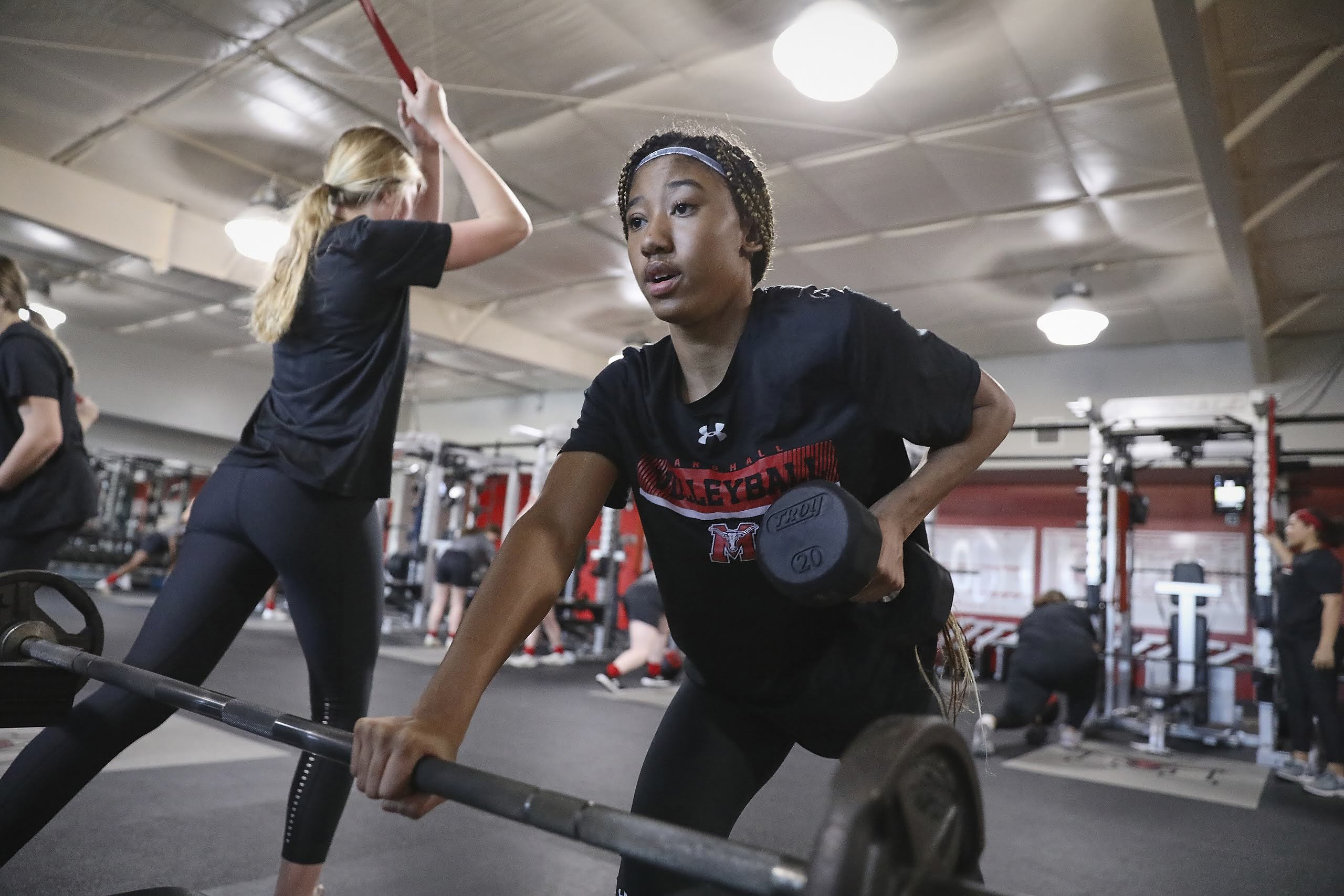Understanding Overtraining
Overtraining occurs when you push your body beyond its capacity to recover. This can lead to decreased performance, fatigue, and even injury. Recognizing the signs early is vital. Symptoms may include prolonged muscle soreness, irritability, sleep disturbances, and decreased motivation. By understanding these signs, you can adjust your training regimen to prevent long-term setbacks.
The Importance of Rest
Rest is a critical component of any training program. Many of us use exercise to manage stress. It can be a great way to clear your head and enhance your mood. However, you can have too much of a good thing. Rest supports muscle repair and growth by allowing the body to recover from the stress of exercise. Without adequate rest, you risk injuries and setbacks.
For various types of exercise, different rest periods are recommended. For example, strength training may require 48 hours of rest for the same muscle groups, while lighter activities like yoga can be performed daily with minimal rest. It’s best to pay attention to your body’s signals and take rest days as needed to ensure optimal recovery. Identifying symptoms of overtraining early allows you to adjust your training and avoid prolonged recovery periods.
Nutrition’s Role in Recovery
Nutrition is crucial for effective recovery after a workout. Consuming the right balance of proteins, carbohydrates, and healthy fats helps in muscle repair and replenishing energy. Including foods rich in antioxidants and anti-inflammatory properties can further boost recovery.
Ideal recovery meals might include a smoothie with fruits and protein powder, a bowl of quinoa with grilled chicken and vegetables, or Greek yogurt with berries. These options provide a mix of nutrients that support the recovery process.
Hydration is also key. Drinking enough water helps to replace fluids lost through sweat and keeps your muscles functioning optimally. For those who engage in intense or prolonged exercise, electrolyte-rich drinks can be beneficial.
Additionally, consider the timing of your meals. Eating a balanced meal or snack within an hour after exercising can maximize recovery benefits. This post-workout window is when your body is most efficient at absorbing nutrients and repairing muscle tissue.
To further enhance recovery, incorporate a variety of nutrient-dense foods into your diet. Leafy greens, nuts, seeds, and whole grains offer essential vitamins and minerals that aid in overall health and recovery. By paying attention to what you eat and when you eat it, you can significantly improve your body’s ability to recover and perform.
Implementing Active Recovery
Active recovery involves engaging in low-intensity activities that promote circulation and relaxation without adding additional strain on the body. Activities such as walking, cycling at a leisurely pace, or practicing gentle yoga can be great for active recovery days. These exercises help to alleviate muscle stiffness and improve blood flow, aiding in the recovery process.
Incorporating active recovery into your routine offers numerous benefits. It keeps you moving, prevents stiffness, and can even enhance your mood, making your return to more intense workouts smoother and more enjoyable.
Variety is key in active recovery. Mixing up activities can keep things interesting and target different muscle groups. Swimming, tai chi, and light stretching are other excellent options to consider. The main goal is to keep the body moving at a lower intensity, allowing it to heal and rejuvenate.
Listening to your body is crucial during active recovery. Pay attention to how you feel and adjust the intensity accordingly. If something feels too strenuous, dial it back. The idea is to support your body’s natural recovery processes without overexerting yourself.
Incorporating techniques such as foam rolling and massage can further enhance the benefits of active recovery by targeting specific areas of tension and promoting relaxation. By integrating these practices into your weekly routine, you can foster better overall recovery and maintain your fitness progress.
Monitoring Training Load
To prevent overtraining, it’s essential to monitor and adjust your training intensity and volume. Keeping a training log where you note your daily workouts, how you feel, and any signs of fatigue can be invaluable. By noting how you feel each day in a training log, you can recognize the signs of overtraining and reduce your training load as needed.
Tools and technology like fitness trackers and heart rate monitors can also help you keep track of your progress and ensure that you are not pushing yourself too hard. Coaches can play a role by identifying any issues athletes may face with intense training and ensuring good sleep, nutrition, and mental health.
Prioritizing Sleep
Sleep is essential for muscle repair, memory consolidation, and overall recovery. Without enough sleep, you risk decreasing your performance and increasing your chance of injury. Establishing good sleep hygiene can make a significant difference.
Firstly, aim for a consistent sleep schedule. Going to bed and waking up at the same time every day helps regulate your body’s internal clock, making it easier to fall asleep and wake up feeling refreshed. Avoid large meals, caffeine, and alcohol before bed, as these can interfere with your sleep cycle.
Creating a calming pre-sleep routine can also promote better sleep. Consider activities such as reading, meditating, or taking a warm bath to wind down. It’s crucial to reduce screen time before bed. The blue light emitted by phones, tablets, and computers can disrupt your body’s production of melatonin, the hormone responsible for regulating sleep.
Ensure your sleeping environment is conducive to rest. Keep your bedroom cool, dark, and quiet. Investing in a comfortable mattress and pillows can make a big difference in the quality of your sleep. Additionally, consider using blackout curtains and white noise machines if light and sound disturbances are an issue.
Incorporating these habits can improve your sleep quality and support your recovery, helping you maintain peak performance in your training routine. Remember, effective recovery starts with prioritizing sleep.

